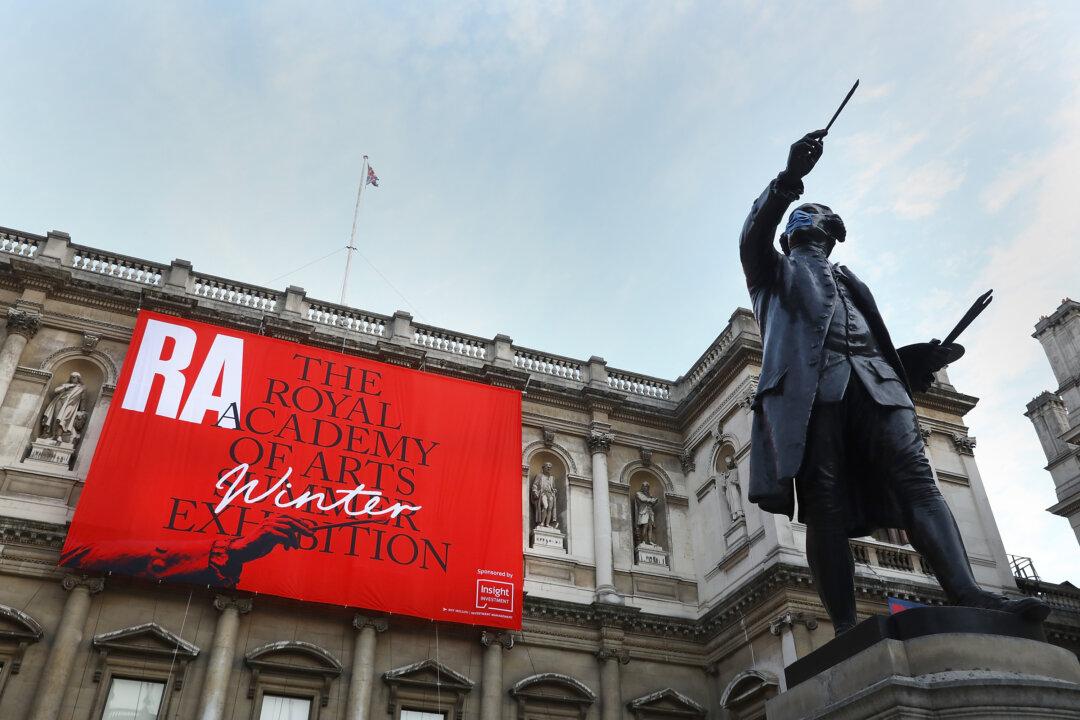Commentary
George Orwell in his book “1984” grasped an essential point about totalitarian propaganda: The more outrageously false it was, the better it served its purpose, which wasn’t to inform or persuade, but to humiliate and subdue.

George Orwell in his book “1984” grasped an essential point about totalitarian propaganda: The more outrageously false it was, the better it served its purpose, which wasn’t to inform or persuade, but to humiliate and subdue.